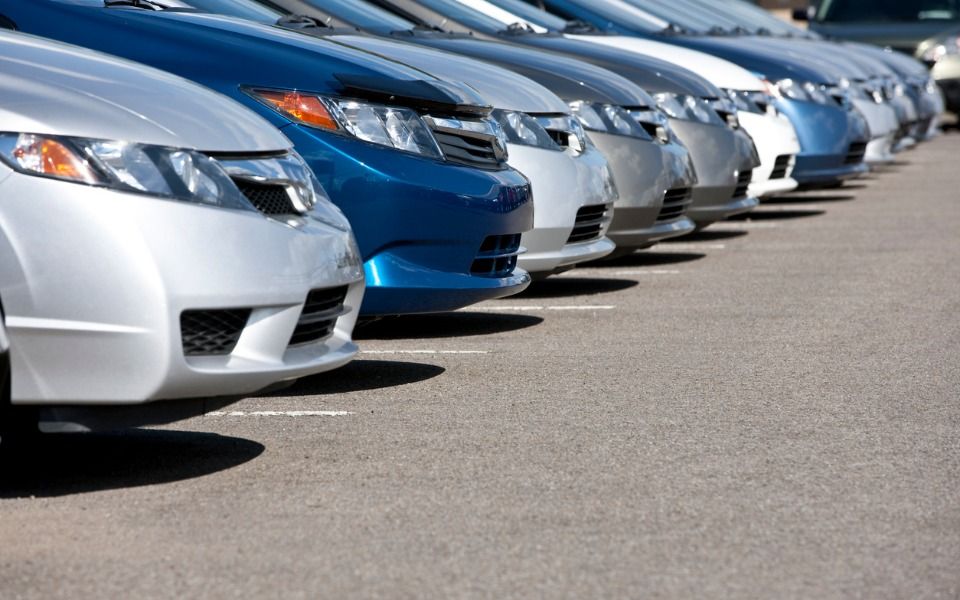
Next year, Germany will have driverless vehicles plying on public roads
Germany has passed a path-breaking legislation green-lighting driverless vehicles to ply on public roads by 2022 probably making it the first country in the world to do so, said media reports.

Germany has passed a path-breaking legislation green-lighting driverless vehicles to ply on public roads by 2022 probably making it the first country in the world to do so, said media reports.
Last week, Germany’s Lower House of Parliament, the Bundestag passed a new legislation, which allows driverless vehicles without a human behind the wheel to move in regular traffic. This new Bill, which changes traffic regulations to facilitate autonomous vehicles, will now move to the Upper House or the Bundesrat, for clearance before it can take effect.
According to Tech Crunch, the Bill specifically concerns vehicles with fully autonomous systems that fall under the “Level 4” classification — where a computer will be in complete control of the car and no human driver is required to control or monitor it. This Level 4 autonomy has been designated by the Society of Automobile Engineers (SAE).
Also read: From The Lab: Making autonomous shuttles fit for public roads in France
In Germany, these vehicles will only be restricted to certain geographical areas, which will not include the federal controlled highway or the Autobahn.
So, what kind of vehicles have been approved? From 2022, public passenger transport, business and supply trips, logistics, company shuttles that handle employee traffic and trips between medical centers and retirement homes, will be driverless, said the Tech Crunch report.
However, companies that want to operate these driverless vehicles commercially will have to follow certain rules. They have to carry liability insurance and ensure they can remotely control the functioning of these autonomous vehicles. Germany’s legislation will enable the country to go a step further beyond testing and integrate these driverless vehicles into regular traffic. This could lead to deploying robotaxis and delivery services in the country at scale.
Also read: Apple targets production of self-driven vehicles by 2024: Report
Meanwhile, according to an article in New York Times, self-driving cars in the USA have been blocked by court fights, injuries and deaths and tens of billions of dollars have been poured on this technology without much success. In fact, companies like Uber and Lyft have opted out and deep-pocketed outfits like Waymo, which is a subsidiary of Google’s parent company, Alphabet; auto giants; and a handful of start-ups have managed to stay on the driver’s seat.
This technology seems to be still in the testing stage in the US, as last week, Chinese robotaxi start-up Pony.ai became the eighth company to be granted a permit to test driverless vehicles in California. In China, companies like Alibaba-backed AutoX are also testing driverless fleets on public roads.


